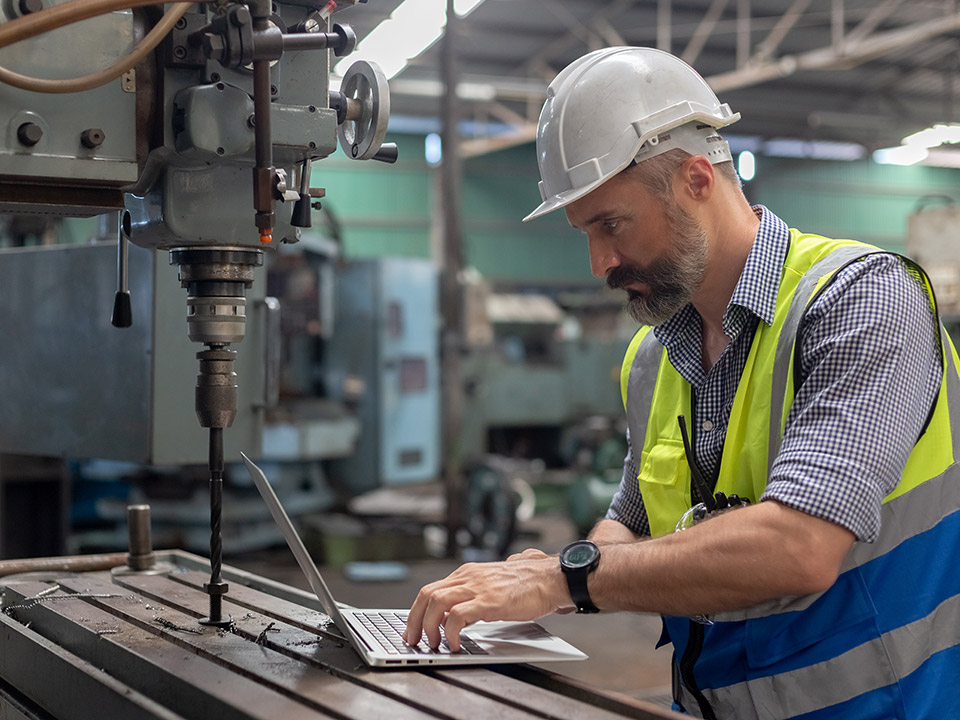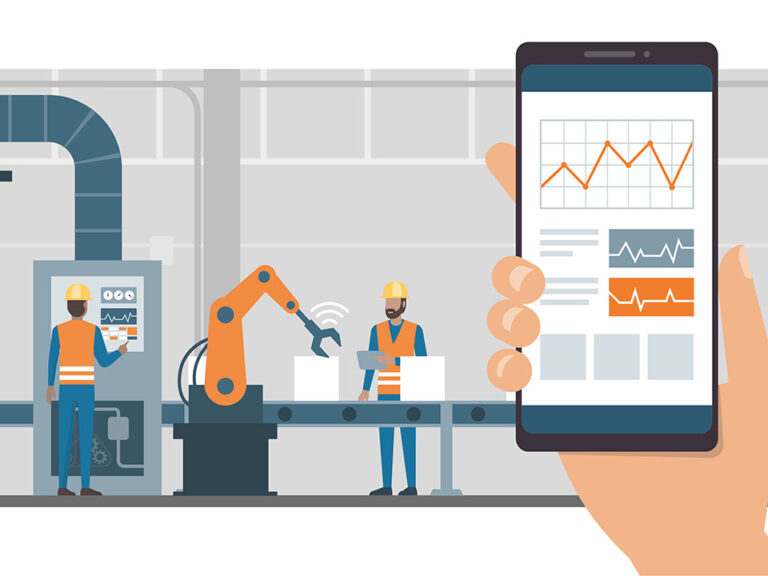In the ever-evolving landscape of the manufacturing industry, intelligent automation stands out as a beacon of transformation, driving unprecedented efficiency, productivity, and quality improvements. By harnessing the power of artificial intelligence (AI) and robotic process automation (RPA), manufacturers are not only optimizing their operations but also setting new standards for product excellence. This comprehensive exploration delves into the myriad ways intelligent automation is revolutionizing manufacturing, highlighting specific use cases of AI and RPA that showcase the potent combination of these technologies.
Bridging Efficiency with AI and RPA
Enhancing Productivity on the Assembly Line
The assembly line, the heartbeat of the manufacturing process, has been significantly uplifted through the integration of AI and robotics. Automation technologies enable machines to perform repetitive tasks with unwavering precision, freeing human workers to focus on complex problem-solving and innovation. This shift not only improves efficiency but also reduces the likelihood of errors, thereby enhancing overall product quality.
Streamlining Quality Control
AI’s capacity to analyze and interpret data in real-time has transformed quality control, a crucial stage in the manufacturing process. Machine learning algorithms, trained on vast datasets, can now detect minute defects or variations in products, ensuring that only those that meet stringent quality standards reach the customer. This level of scrutiny, previously unattainable through human inspection alone, underscores the role of automation in elevating product quality.
Predictive Maintenance: Minimizing Downtime
Downtime in manufacturing can lead to significant revenue loss. Intelligent automation comes to the rescue with predictive maintenance, utilizing sensors and AI algorithms to monitor equipment health in real time. By predicting when machinery is likely to fail or require maintenance, manufacturers can proactively address issues, significantly reducing unplanned downtime and associated costs.
Optimizing Supply Chain and Inventory Management
Automation extends its reach beyond the manufacturing floor to revolutionize supply chain and inventory management. AI-powered systems can forecast demand with remarkable accuracy, enabling manufacturers to optimize their inventory levels and reduce carrying costs. Furthermore, automation in the supply chain enhances transparency and efficiency, ensuring that materials are delivered just in time for production, thereby reducing waste and improving operational efficiency.
The Future of Manufacturing: Shaped by Intelligent Automation
The adoption of AI and RPA in manufacturing is not just a trend but a fundamental shift towards smarter, more agile production processes. The future of manufacturing will be characterized by highly automated facilities where human creativity and machine precision coalesce to produce innovative products. As technology advances, the potential for AI and RPA in manufacturing will continue to expand, encompassing more complex and nuanced tasks.
Addressing Challenges and Embracing Opportunities
While the journey towards full automation presents challenges, including the need for significant investment in technology and training, the benefits far outweigh these hurdles. Manufacturers that embrace intelligent automation position themselves as leaders in an increasingly competitive and technology-driven market. The ability to quickly adapt and implement automation solutions will be a key differentiator for manufacturing companies in the years to come.
Conclusion
Intelligent automation is revolutionizing the manufacturing industry by improving efficiency, enhancing product quality, and reducing costs. The use cases of AI and RPA in manufacturing highlight the transformative potential of these technologies, paving the way for a future where intelligent systems and human ingenuity together drive innovation. As we look to the future, the role of automation in manufacturing will only grow, heralding a new era of productivity and industrial achievement.
Our blog offers additional information and discussions for those who are interested in the significant effects of intelligent automation on the manufacturing sector. Dive deeper into the technologies shaping the future of manufacturing and discover how embracing automation can unlock new levels of performance and innovation for your operations.
Frequently Asked Questions
How does intelligent automation improve manufacturing productivity?
Intelligent automation streamlines production processes, reduces manual intervention in repetitive tasks, and optimizes workflow, leading to higher productivity levels.
What role does AI play in quality control?
AI enhances quality control by leveraging machine learning algorithms to detect defects and ensure products meet quality standards, surpassing the capabilities of human inspection.
Can automation reduce manufacturing costs?
Yes, by minimizing downtime, optimizing resource use, and automating repetitive tasks, automation significantly reduces manufacturing costs.
How does predictive maintenance benefit manufacturers?
Predictive maintenance anticipates machinery failures before they occur, reducing unplanned downtime and maintenance costs while extending the equipment’s lifespan.
What impact does automation have on the supply chain?
Automation improves supply chain efficiency by forecasting demand, optimizing inventory management, ensuring timely material delivery, and reducing waste and costs.
What challenges do manufacturers face in implementing automation?
Implementing automation requires upfront investment in technology and training. However, the long-term benefits of increased efficiency, quality, and cost savings justify the investment.






